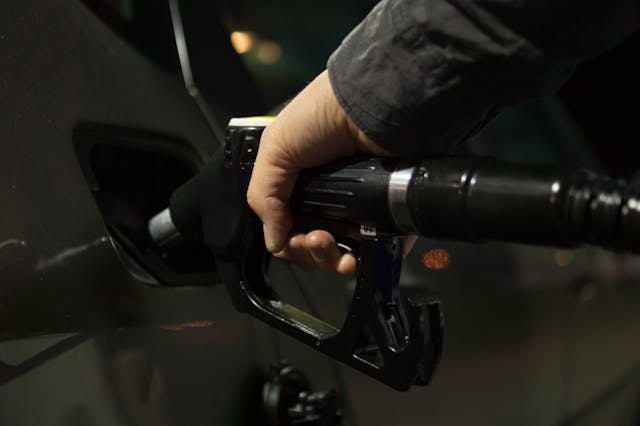Fuel cards can be a game-changer for small businesses in the U.K., particularly those that rely on vehicles for day-to-day operations. These cards streamline fuel purchasing and come with added benefits such as discounts, expense management, and ease of tracking, which can make a significant difference to a small business’s bottom line. Many small businesses across sectors like delivery services, trades, and retail logistics can benefit from fuel cards, as they simplify fuel payments and provide access to data that enhances financial management. By using fuel cards, small business owners can save time and money, allowing them to focus more on core business activities and less on managing fuel receipts and expenses manually.
Small business fuel cards offer specific advantages tailored to smaller enterprises with more limited budgets. These cards often provide access to discounts on fuel purchases, which can add up over time. For a business with several vehicles, even a slight reduction in fuel costs per liter can lead to substantial annual savings. Additionally, fuel cards offer predictable and controlled fuel expenditure. Business owners can set limits on how much each driver can spend, where they can purchase fuel, and when, helping to prevent overspending and fraud. This level of control is particularly valuable for businesses with multiple employees or delivery routes, where monitoring fuel usage can become a cumbersome task.
Another key benefit of fuel cards is the detailed reporting they provide. Small business owners receive itemized invoices and reports that show exactly how much fuel was purchased, where, and by whom. This data can be crucial when it comes to budgeting and tax reporting, as fuel cards make it easy to access an accurate record of all fuel-related expenses. Many fuel card providers offer online account management tools, which allow business owners to track and analyze fuel consumption patterns across their fleet. Such insights can help businesses identify areas where they can cut costs, improve routes, or make operational changes that lead to further savings.
In addition to cost and administrative benefits, fuel cards offer convenience and security for small businesses. Drivers no longer need to carry cash or company credit cards, which reduces the risk of theft and fraud. Fuel cards are typically PIN-protected, and some even come with location restrictions, so they can only be used at specific petrol stations or within certain geographic areas. This feature not only reduces the risk of unauthorized purchases but also gives businesses peace of mind, knowing that fuel purchases are secure and easy to track.
Small business owners in the U.K. can also take advantage of fuel card networks that cover many major fuel providers. This accessibility means drivers can fuel up at a wide variety of locations, which minimizes downtime and ensures smoother operations. Many fuel card providers also partner with loyalty schemes or other fuel networks, offering additional rewards to businesses that consistently use specific petrol stations.
In summary, fuel cards present a powerful solution for small businesses in the U.K. that need to streamline their fuel management processes, reduce costs, and enhance security.







